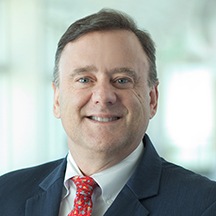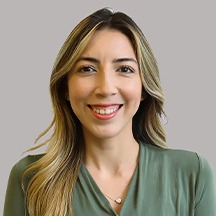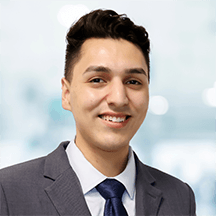
PNI’s Cochlear Implant Program Gives the Gift of Hearing to Young & Old
by Guest Author
SANTA MONICA (Sept. 23, 2022) – Whether it’s the wonder in the eyes of a toddler or the joy on the face of a grandpa, that moment when the profoundly deaf can hear the voices of loved ones is what drives a team of specialists at Pacific Neuroscience Institute, Providence Saint John’s Health Center.
Treating hearing loss in adults and children

The new Cochlear Implant Program founded by Courtney Voelker, MD, PhD, at the Pacific Neuroscience Institute (PNI) has, since it opened in May, successfully implanted devices in 14 patients to create or restore hearing. Patients range from 5 months old to 81 years.
“When you turn it on for a child who has never heard before, it’s very moving,” Dr. Voelker said. “And for adults, profound hearing loss can lead to social isolation, depression, and cognitive decline. Activating their cochlear implant can lead to improvement in all of these aspects of their lives.”
What is a cochlear implant?
The cochlear implant is an electronic device that is implanted into the inner ear (the cochlea) to restore hearing in patients for whom hearing aids are no longer effective or for those with hearing loss in just one ear.
There is strong evidence supporting improvements in cognition and dementia prevention when hearing loss is treated with appropriate intervention (hearing aids or cochlear implants).
“That’s a game-changer when we counsel patients,” Dr. Voelker said.
The center’s team members are Dr. Voelker and Chester F. Griffiths, MD, both otolaryngology (ENT) head and neck surgeons, and Rebecca Lewis, AuD, who has a doctorate in audiology.
How do cochlear implants work?
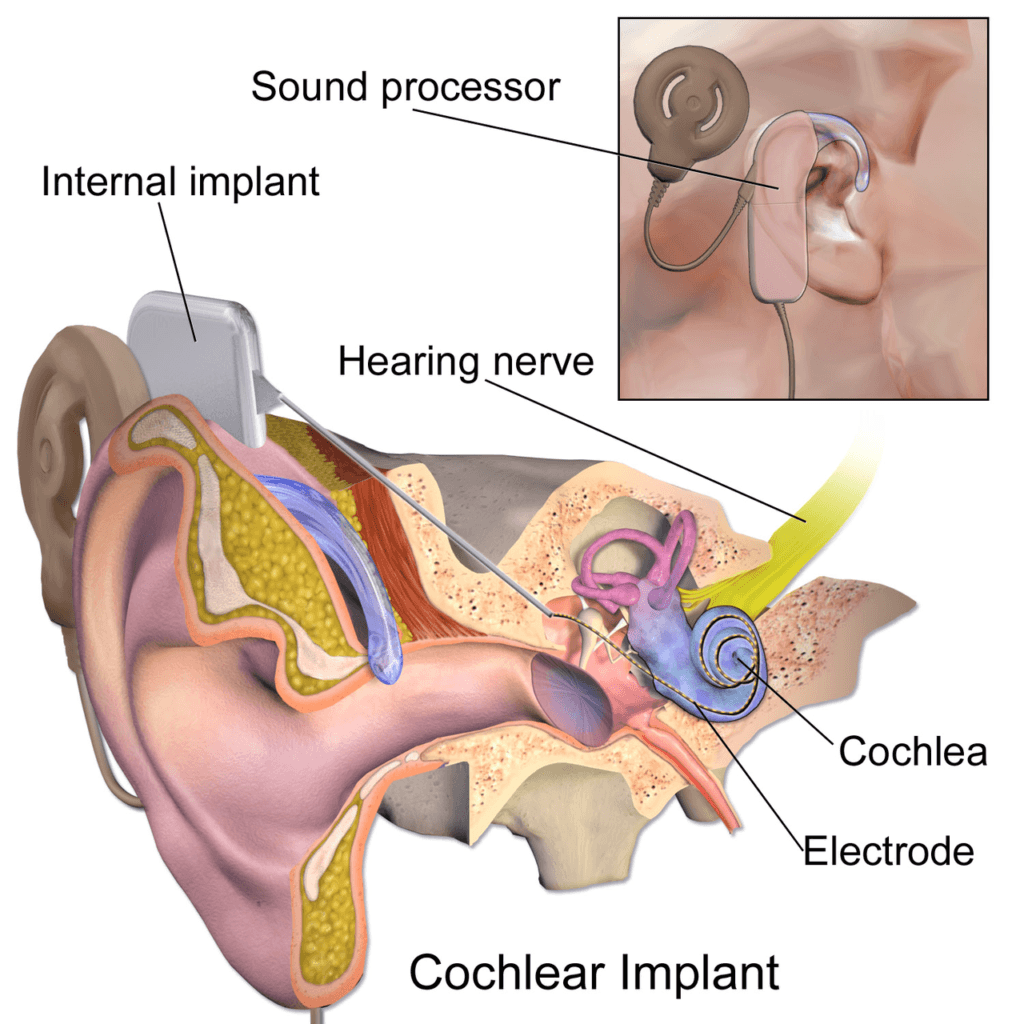
The cochlear implant device bypasses the damaged inner ear structure to deliver sound directly to the hearing nerve. Dr. Voelker makes a small incision behind the ear and then threads the electrode array into the cochlea.
The procedure is highly effective for all ages. Profound hearing loss can be diagnosed in infants through routine newborn screenings.
“We have six children in the pipeline at the moment,” Dr. Lewis said. “It is important to implant children early, in a timely and efficient manner, in order to achieve speech and language outcomes.”
What problems can hearing loss cause?
For older patients, untreated hearing loss can lead to social isolation and a multitude of health conditions including depression, cognitive decline, and risk of falling. Evaluations are recommended for people who notice their hearing aids no longer seem to work.
“If their hearing aids are working well, they don’t need an implant,” she said. “When patients have poor speech understanding with good hearing aids, they should be evaluated for a cochlear implant.”
Who activates and programs a cochlear implant?

Once the incision is healed, the audiologist, Dr. Lewis, activates the cochlear implant device. This involves fitting the external speech processor which has microphones that collect sound, the sound is then converted into a digital signal and sent to the implant. Under the guidance and support of the multidisciplinary team, the patient will adjust to the sound quality of the cochlear implant. This takes some rehabilitation, but most patients notice a great improvement within 3 months after their activation day.
“When you turn on the cochlear implant for someone, it affects the whole family,” Dr. Lewis said. “It’s magical. I’m so gratified I get to be a part of that process for them.”
Cochlear Implant Surgeons, Specialists and Team
Our team of experts can offer review of your medical records and meet via in person or virtual platforms. Hearing health issues can feel complex, especially when making a difficult treatment decision. Getting a second opinion can help you make an informed decision about your care.
Pacific Eye, Ear, and Skull Base Center Locations
The Pacific Eye, Ear, and Skull Base Center’s state-of-the-art facilities are located at:

PNI – Wilshire
11645 Wilshire Blvd, #600, Los Angeles, CA 90025
310-477-5558
PNI – Santa Monica
2125 Arizona Ave, Santa Monica, CA 90404
310-829-8701
1301 20th St, #300, Santa Monica, CA 90404
310-829-7792
Providence Saint John’s Medical Office – Playa Vista
12555 West Jefferson Blvd, #303, Los Angeles, CA 90066
424-443-5530
PNI – South Bay
5215 Torrance Blvd, Suite 300, Torrance, CA 90503
424-212-5361
About Dr. Courtney Voelker
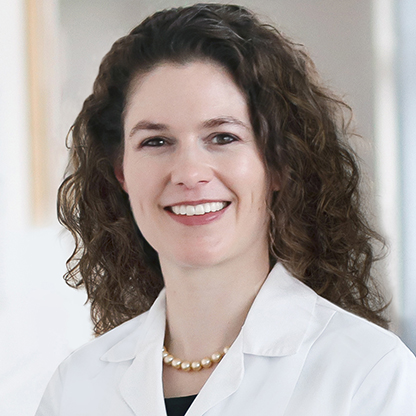
Courtney Voelker, MD, PhD, is a Rhodes Scholar and board-certified neurotologist. She is Director of Otology/Neurotology-Lateral Skull Base Surgery; and Director of the Adult & Pediatric Cochlear Implant Program at Pacific Neuroscience Institute. She is an otolaryngology – head & neck surgeon who takes care of adult and pediatric patients seeing a wide range of inner ear and skull base conditions. A Super Doctor Rising Star award recipient, she is committed to offering top quality, compassionate care to all her patients.
About Dr. Rebecca Lewis
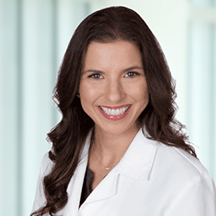
Rebecca (Becky) Lewis, AuD, is an audiologist and the Audiology Director of the Adult & Pediatric Cochlear Implant Program at Pacific Neuroscience Institute. She also holds the position of Adjunct Professor at Mount Saint Mary University / John Tracey Deaf and Hard of Hearing program. She has provided rehabilitative services including hearing aids, hearing protection, Osseo integrated devices, auditory brainstem implant and cochlear implant (CI) services to adults and children.
Useful Links
Last updated: May 15th, 2024
